Families forget to vaccinate their children when they grow up, so children are susceptible to measles, diphtheria, whooping cough, tetanus, etc.
Ms. Pham Thi Hoa (residing in Buon Me Thuot, Dak Lak ) said that she often forgets her son's vaccination schedule, especially with booster shots that have been given for a long time. For example, the diphtheria - whooping cough - tetanus vaccines need to be re-injected after 10 years to strengthen immunity, but when her son is old enough, she forgets to take him for the re-injection.
"My son got his first shot when he was 5 years old, and he had to get another shot when he was 15, but now he's past the age for a booster shot, so I'm planning to get him another shot. I don't know if getting the shot late will have any effects or not," she said.
Mr. Van Thanh ( Ha Tinh ) said he has no plans to vaccinate his 4-year-old son against measles even though it has been 4 years since the first dose. He believes that his son has not been vaccinated but has not yet contracted a serious illness. If he does get sick, the immunity will be stronger than the vaccine, so the family should prioritize other things.
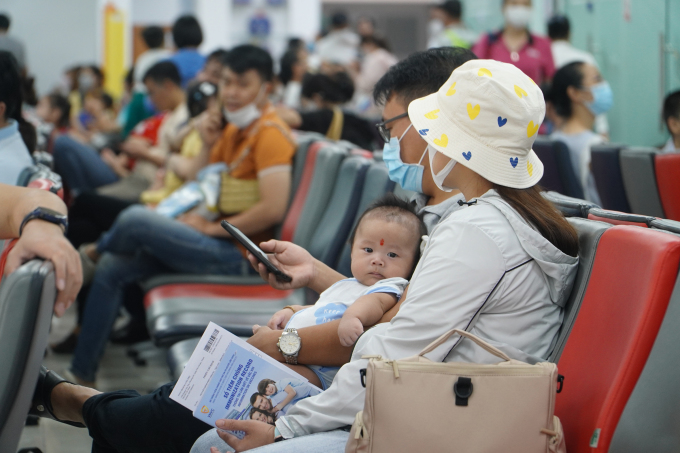
Parents waiting for vaccination at VNVC Hoang Van Thu (Phu Nhuan District, Ho Chi Minh City) on May 20. Photo: Minh Tam.
Tran Quoc Hoan, a vaccination nurse at VNVC Ha Tinh, said cases of people missing their vaccination schedules, forgetting to get booster shots, or not getting all the vaccines happen frequently. A week ago, the center received a customer who brought his 10-year-old son for his first shot of the diphtheria-pertussis-tetanus vaccine (Boostrix 3 in 1). Meanwhile, the child should have gotten this shot when he was 4 years old.
Ms. Thanh Hien (Ha Tinh) said she took her child for vaccination because she heard about someone dying from diphtheria. Before taking her child to the center, the family did not pay much attention to vaccination, only giving a shot when someone got sick for peace of mind.
According to nurse Hoan, booster vaccinations for children or adults in the area are not given much attention. Only when the epidemic appears on a large scale do people start to get vaccinated. For example, in 2021, many people came to the VNVC center for preventive vaccination when there were many cases of meningococcal meningitis in their area, while previously the number of vaccinations was very low.
The United Nations Children's Fund (UNICEF) report on the state of the world's children 2023, with the theme "vaccines for every child", shows that Vietnam is among the 20 countries with the highest number of "0-vaccine" children in the world, with more than 187,000 children under 1 year old not receiving any vaccine in 2021. According to the UNICEF report, in April 2023, in Vietnam, the rate of unvaccinated children in urban areas was about 1.5 times higher than that of children living in rural areas (6.3% - 4.2%), while this rate in the group of poor households was nearly twice as high as that in the richest group (13.5% - 6.6%).
Associate Professor, Dr. Pham Quang Thai, Head of the Expanded Immunization Office in the North, National Institute of Hygiene and Epidemiology, said that in 2021, Vietnam was greatly affected by Covid-19. In particular, Ho Chi Minh City and the southern region applied social distancing for a long time, making vaccination activities difficult to implement. At the end of 2021, all routes tried to vaccinate and catch up on missed children, but the implementation time was short, so the rate of children not accessing vaccines was still high.
In 2022, vaccination work gradually improved but there were vaccine interruptions. Some units sponsored vaccines for vaccination and vaccination units used the amount of vaccines from the previous year. However, the interruption has not been resolved fundamentally, so vaccination work is still problematic.

Children are vaccinated at VNVC Hoang Van Thu (Phu Nhuan District, Ho Chi Minh City). Photo: Moc Thao
According to Associate Professor Pham Quang Thai, low vaccination rates increase the risk of creating immune gaps in children, causing diseases that have not been completely controlled such as measles, whooping cough, and diphtheria to return. The reason is that in cases where vaccination has not been given a booster shot, immunity will gradually decrease over time; while those who have not been vaccinated have no immunity. From there, the risk of an outbreak can occur.
Measles is of particular concern due to the risk of an outbreak in 2023 and 2024 if vaccination efforts are not improved. Diseases that have been eradicated, such as polio and neonatal tetanus, could also return. When diseases return, they are very difficult to control.
Dr. Bach Thi Chinh, Medical Director of the VNVC Vaccination Center System, said that vaccination is the process of stimulating the body to produce immune antibodies. Therefore, children need to be vaccinated on schedule to have the best antibodies against pathogens.
Many vaccines can be given late, and the child will still have enough antibodies. For some vaccines, if the booster is given too late, the immune antibodies will decrease to almost zero, forcing the injection to be repeated from the beginning. For example, with diphtheria, whooping cough, tetanus, and polio vaccines, children who have been fully vaccinated with 3 basic shots and a booster shot before the age of 2 are still at risk of contracting the disease when they grow up.
Therefore, experts recommend that families proactively vaccinate their children on schedule. In addition, it is necessary to improve the quality of the vaccination system, and the country needs to have a comprehensive vaccination plan, including the issue of vaccine supply.
"Vaccines and immunizations will contribute to making children healthy and protecting Vietnam's achievements in disease eradication," said Dr. Chinh.
Chile
Source link





![[Photo] Prime Minister Pham Minh Chinh inspects the progress of the National Exhibition and Fair Center project](https://vphoto.vietnam.vn/thumb/1200x675/vietnam/resource/IMAGE/2025/5/19/35189ac8807140d897ad2b7d2583fbae)






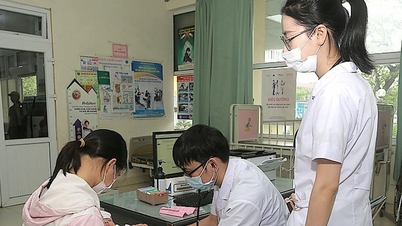




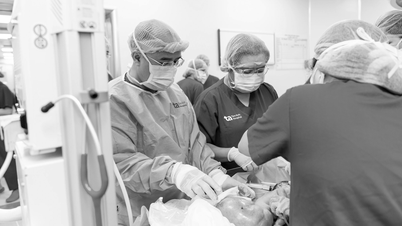

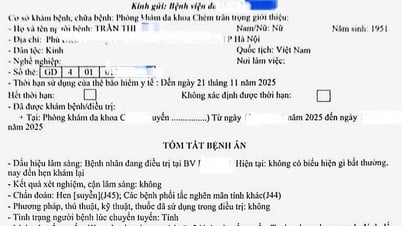





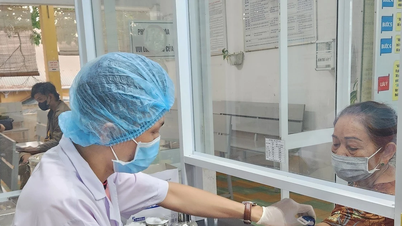
























































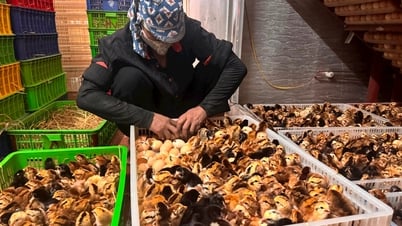




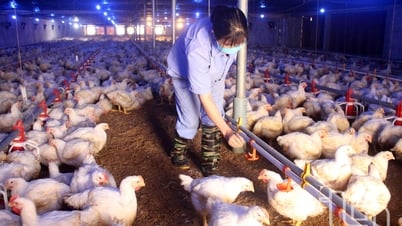





![[VIDEO] - Enhancing the value of Quang Nam OCOP products through trade connections](https://vphoto.vietnam.vn/thumb/402x226/vietnam/resource/IMAGE/2025/5/17/5be5b5fff1f14914986fad159097a677)







Comment (0)